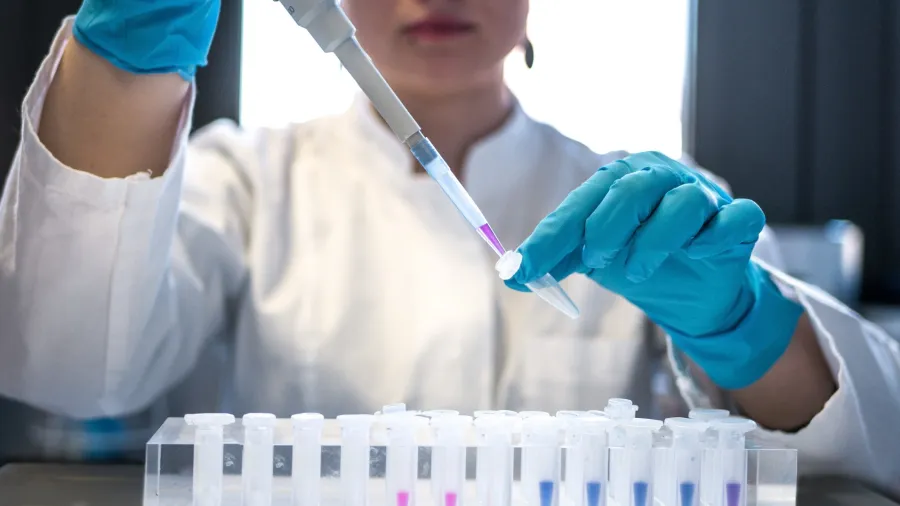
Life science firms may consider regulatory pathways to promote innovations in SEA
Innovative products have opportunities for growing medical tourism.
An IQVIA report enumerated ways which life science firms can consider two regulatory pathways to introduce their products in Southeast Asia, which is seen to expand medical tourism growth.
One is the formal registration pathway where innovative medical products must meet specific quality, safety, and efficacy standards before gaining regulatory approval for marketing.
Some regulatory authorities in the region developed guidelines for advanced therapy and diagnostic products such as cell and gene therapy products and next-generation sequencing diagnostic tests.
These authorities include Singapore's Health Sciences Authority and Malaysia, which introduced new regulatory guidelines for advanced products, whilst Thailand is developing specific guidelines.
More local health authorities in the region will create regulatory guidelines for these innovative therapies.
Another pathway is early access for unregistered medical products where companies can utilise it to import unregistered products into Southeast Asia, facilitated by medical tourism special economic zones.
For instance, the Hainan Boao Lecheng International Medical Tourism Pilot Zone in China allows fast access to unapproved chemical and biological drugs and medical devices.
Bali, Indonesia's Sanur Special Economic Zone and the Philippines also have similar initiatives, but Philippines' focus is primarily on fiscal incentives.
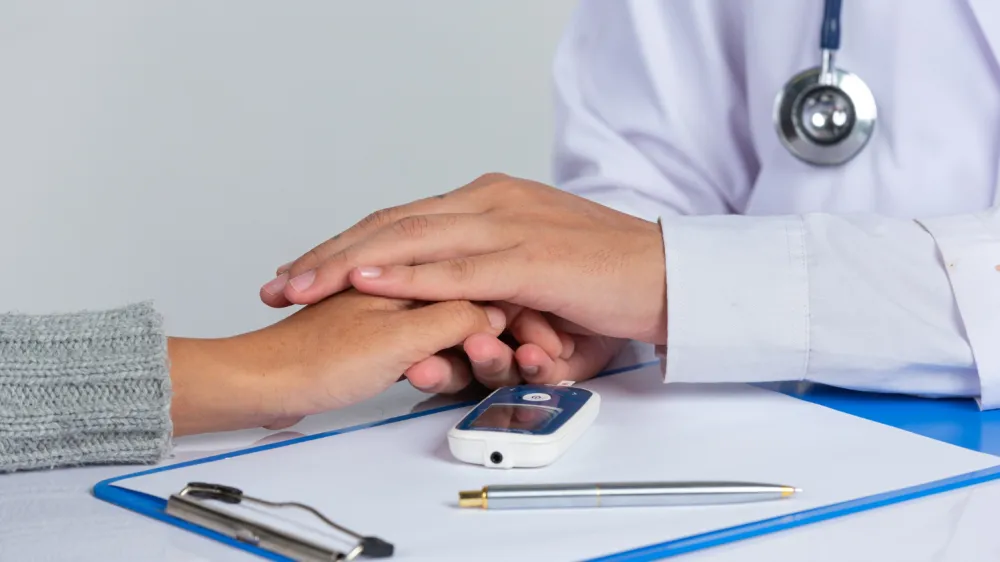
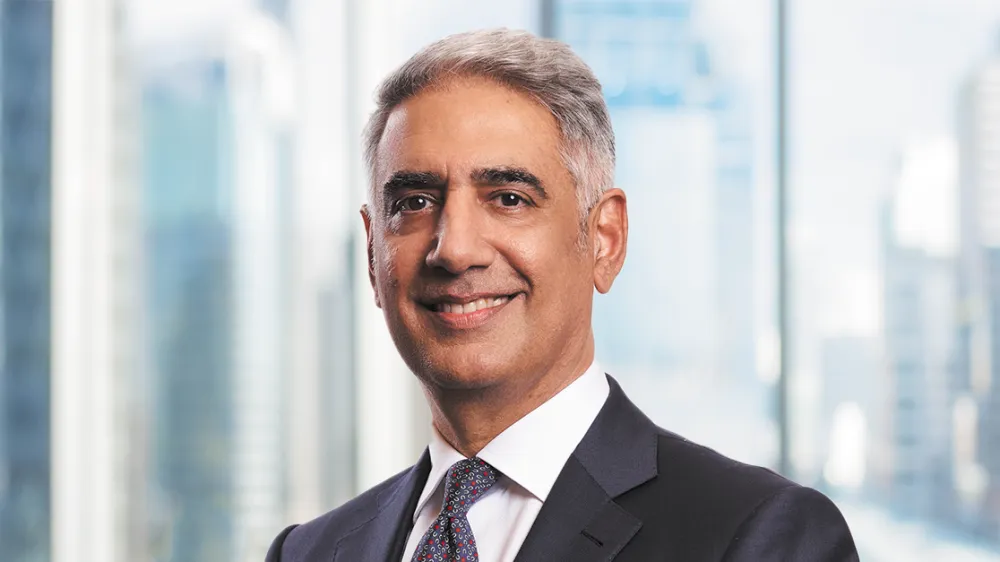
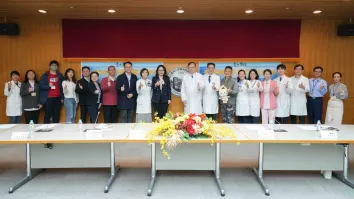
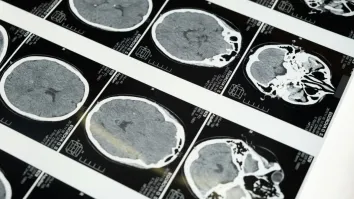
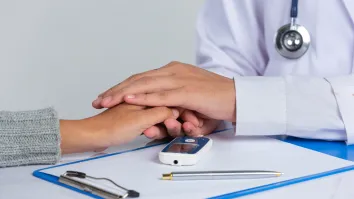














 Advertise
Advertise






